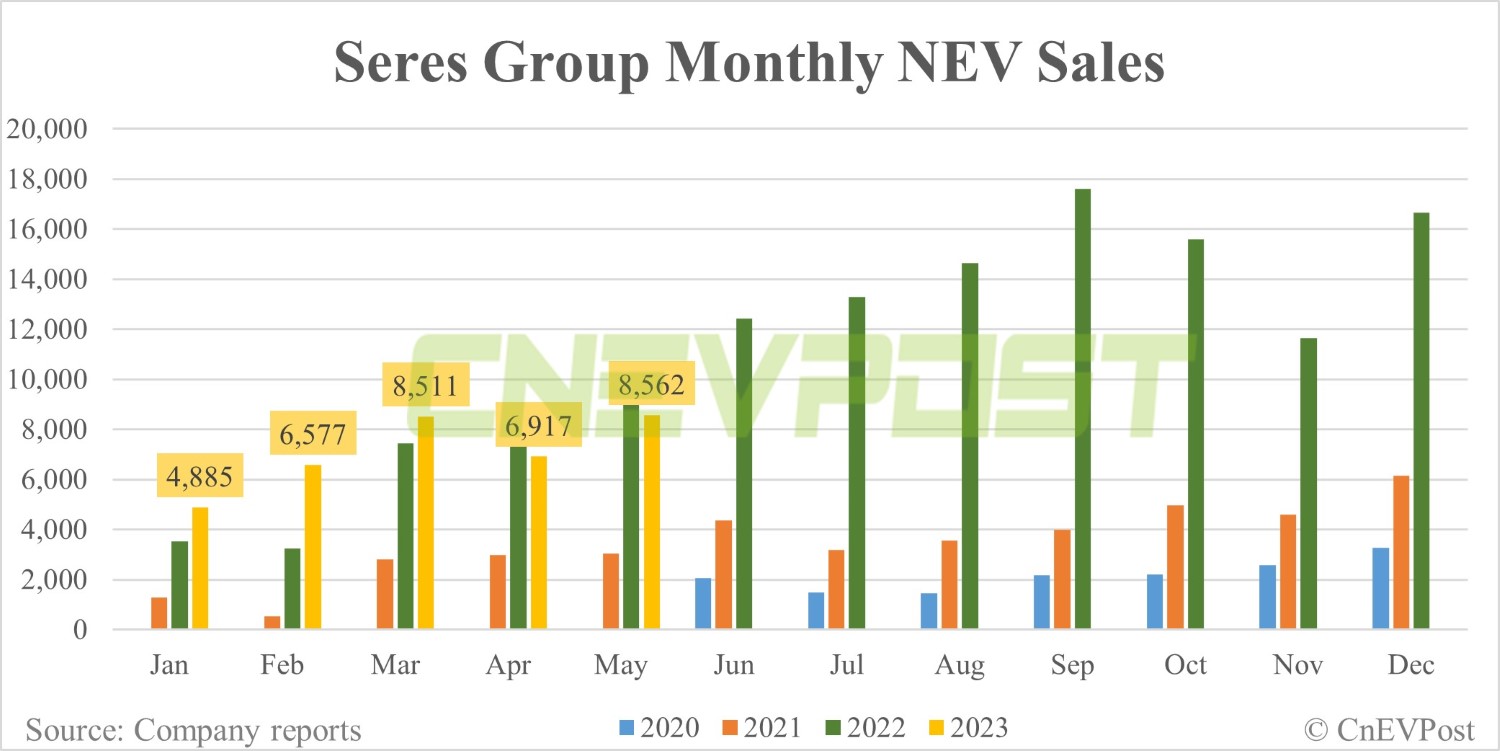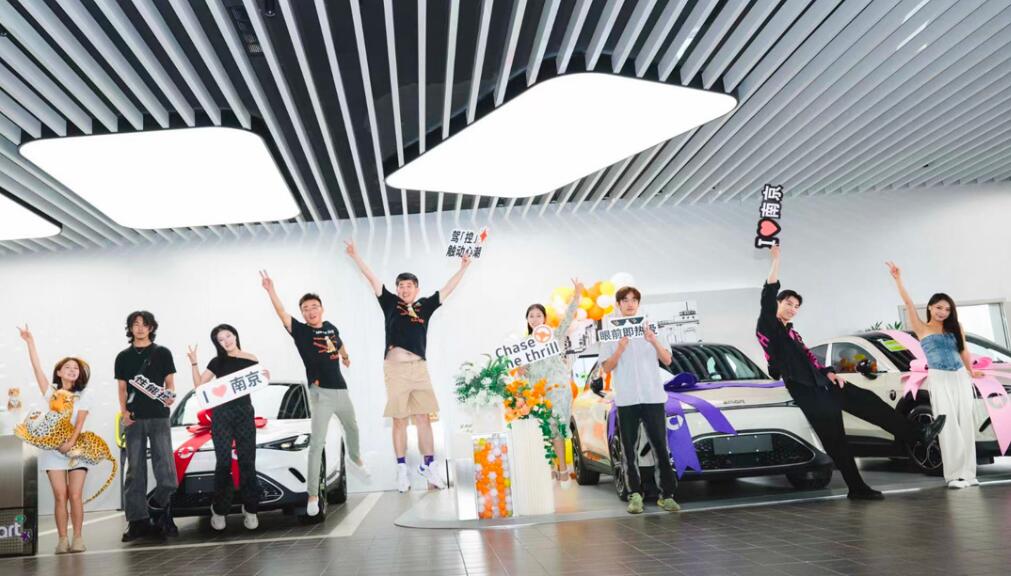Retail penetration of NEVs in China was 36.92 percent from June 1 to June 25, and 32.50 percent year-to-date.

(Image credit: CnEVPost)
From June 1 to June 25, retail sales of passenger new energy vehicles (NEVs) in China were 500,000 units, up 13 percent year-on-year and up 15 percent from the same period last month, according to data released today by the China Passenger Car Association (CPCA).
So far this year, retail sales of passenger NEVs in China were 2.92 million units, up 35 percent year-on-year.
From June 1 to June 25, wholesale sales of passenger NEVs in China were 534,000 units, up 14 percent year-on-year and up 14 percent from the same period last month, according to the CPCA.
Wholesale sales of passenger NEVs so far this year were 3,317,000 units, up 40 percent year-on-year.
Between June 1 and June 25, retail sales of all passenger vehicles in China were 1.35 million units, down 1 percent year-on-year while up 9 percent from the same period last month, the CPCA said.
So far this year, cumulative retail sales of passenger cars in China were up 3 percent to 8.986 million units.
This means that from June 1 to June 25, the penetration of NEVs at retail in China was 36.92 percent, and 32.50 percent year-to-date.
In the first week of June -- June 1-4 -- the average daily retail sales of passenger cars in China were 31,000 units, down 9 percent from a year ago and 42 percent lower than the same period last month.
In the second week of June -- June 5 to 11 -- average daily retail sales of passenger cars were 43,000 units, down 10 percent year-on-year and down 14 percent compared to the same period in May.
In the third week of June -- June 12 to 18 -- average daily retail sales of passenger cars were 58,000 units, down 2 percent year-on-year, but up 21 percent compared to the same period in May.
In the fourth week of June -- June 19-25 -- average daily retail sales of passenger cars were 75,000 units, up 9 percent year-on-year and up 53 percent compared to the same period in May.
China began halving purchase taxes on mainstream internal combustion engine vehicles last June, causing sales to shift toward the beginning of the month, the CPCA said. The policy was not renewed when it expired at the end of last year.
By comparison, June is a normal sales month this year, so a dip at the beginning of the month is normal, the CPCA said.
Notably, China saw campaigns to promote auto consumption during this month, which, combined with dealers facing semi-annual performance reviews, is helping support June auto sales, according to the CPCA.
The post China NEV retail in Jun 1-25 at 500,000, up 15% from same period last month, CPCA data show appeared first on CnEVPost.
For more articles, please visit CnEVPost.
































